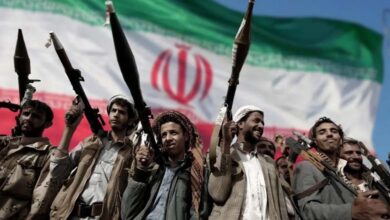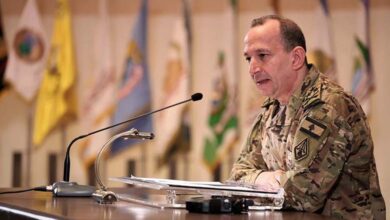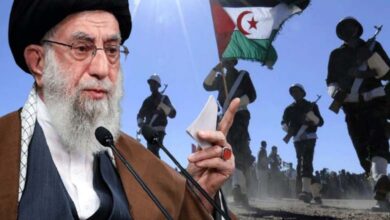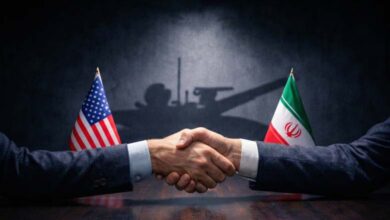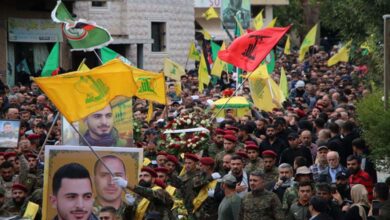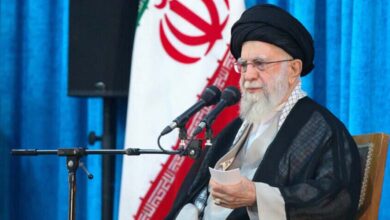Tunisia deprive members of the ‘Ennahdha Movement’ from participating in the elections – Painful End for the Brotherhood
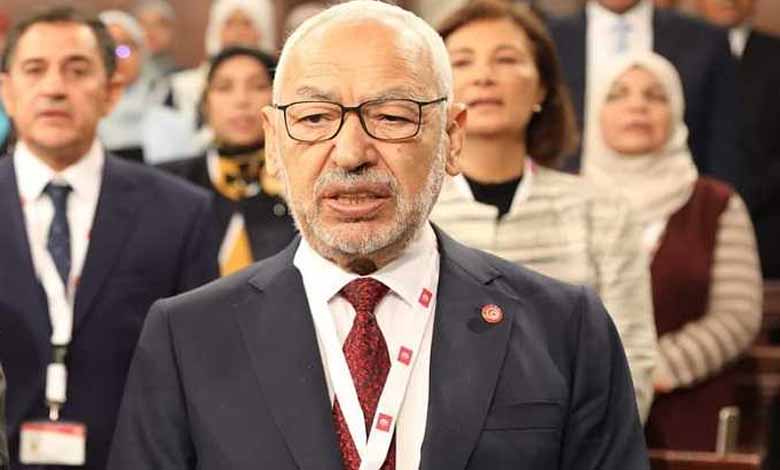
The Tunisian state has taken strong steps to eliminate the Ennahdha Movement of the Muslim Brotherhood, which has worked over the past years to destroy Tunisia. But were it not for the departure of the Tunisian people against it and the confrontation of its terrorist plans, which were followed by the dissolution of the parliament and the Tunisian government that was controlled by that Brotherhood movement.
Tunisia has begun to rebuild its institutions under the leadership of President Kais Saied and to define a complete road map that includes a new constitution, followed by parliamentary elections that include all segments of Tunisian society. Despite the attempts of the Muslim Brotherhood Renaissance to disrupt and disrupt the march of the homeland, the Tunisian State is continuing its path, and to besiege the activity of that Muslim Brotherhood movement, which was the last decision of the Court of Accounts, the highest judicial oversight body in Tunisia, to deprive members of the “Ennahdha Movement” and “Heart of Tunisia” from participating in the elections for five years, after they were proved to have received foreign funding.
The Court of Accounts revealed that Ennahdha topped the list of political parties that committed violations and legal violations during the 2019 parliamentary and presidential elections, which affected the will of the voter and the results, in order to reach their goals.
In its general report on the results of monitoring the financing of the presidential and parliamentary elections campaigns in 2019, the court charged with monitoring the disposition of public funds noted that Ennahdha entered into a contract with a foreign advertising and lobbying company to improve its image and influence the elections, between September 2014 and September 2018, which was renewed by a supplementary contract to cover the period from July 16, 2019 to December 17, 2019, the period during which the parliamentary and presidential elections were held in Tunisia, in exchange for huge funds whose sources remain unknown and unauthorized, amounting to $285,000.
Article 163 of the Electoral Code stipulates that “if the Court of Accounts determines that a candidate or list has received foreign funding for its electoral campaign, it shall rule that it must pay a financial plan between ten and fifty times the amount of foreign funding.” According to the same article, “members of the list enjoying foreign funding lose their membership in parliament. A presidential candidate enjoying foreign funding shall be punished by five years in prison. Any person convicted of receiving foreign funding for his campaign from members of lists or candidates shall be barred from running in the legislative and presidential elections that follow.”
Mondher Guefrach, a Tunisian political analyst, says: The court’s decision to deprive Ennahdha and their supporters of weak parties in Tunisia is a great victory for the will of Tunisians to confront the terrorism of the Brotherhood and their plans that they were striving for to re-enter politics after the failure of their plans and games to disrupt Tunisia’s march.
The Tunisian political analyst added that Ennahdha receives foreign funding from countries of suspicious places and institutions, and through this money it seeks to carry out terrorist plans to stand before state institutions, and to try to break the decisions of Tunisian President Kais Saied, but what is happening at the present time is a reduction of all Brotherhood activities in Tunisia.


